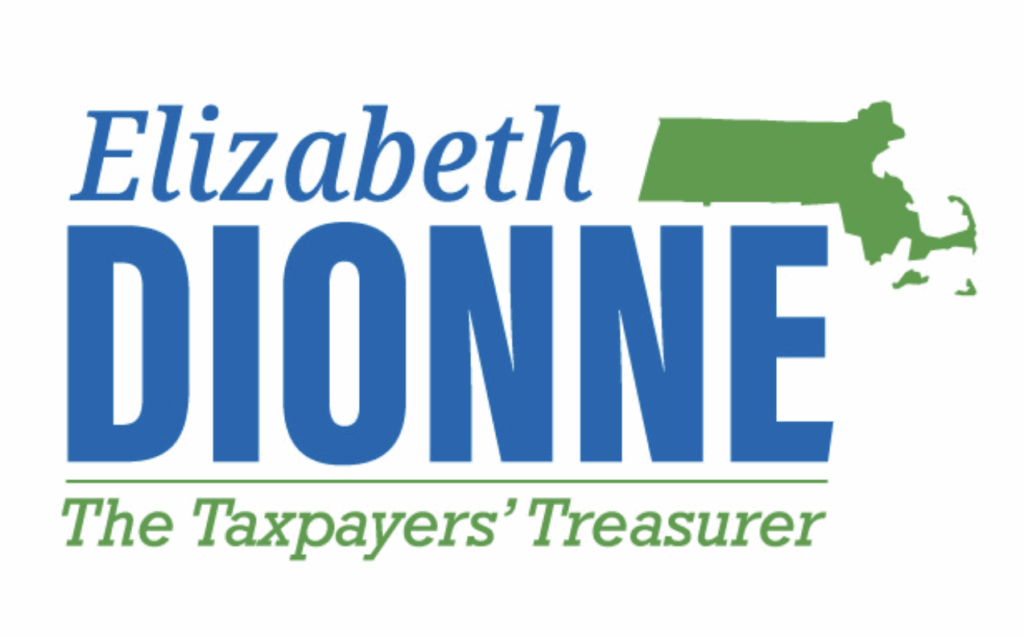Photo: Will Brownsberger
For the first time since winning a special election in 2011, State Sen. Will Brownsberger will have a significant Democratic challenger for his 2nd Suffolk & Middlesex Senate District seat in the upcoming state party primary election in September 2026.
Daniel Lander, a senior policy advisor to Boston Mayor Michele Wu and the chair of Boston’s Ward 21 Democratic Committee that represents Allston, Brighton, and Fenway, has pulled papers to run for the seat Brownsberger has held for the past 15 years.
“The communities of this district are under attack from the Trump Administration. We need a State Senate that stands up for our knowledge economy, brings down costs, and isn’t stuck defending a broken status quo,” said Lander in an opening announcement of his campaign. “I look forward to hearing the concerns and dreams of residents and sharing my vision for an affordable, livable Massachusetts over the months to come.”
The Suffolk and Middlesex District includes most of the Fenway neighborhood and the Allston and Brighton neighborhoods of Boston, Watertown, Belmont, and West Cambridge.
First published in POLITICO’s Massachusetts Playbook newsletter on Dec. 10, Lander campaign is closely linked to a political squabble between Wu and Brownsberger over the mayor’s attempt to shift a more significant amount of property taxes onto businesses, in an attempt to reduce an expected 13 percent tax increase on residential homeowners in fiscal 2026. Brownsberger is one of the legislators working to stave off a vote on Wu’s initiative, which requires legislative approval. Local reporting points to Wu’s support of several candidates to stand against those legislators.
A graduate of Harvard College and the Kennedy School of Government, Lander has led a land audit of Boston that identified locations where hundreds of new affordable homes can be built while reducing red tape by authoring and implementing an executive order to accelerate the permitting process by 50 percent.
A native of Huron Village in West Cambridge, Lander has a strong connection to Belmont, being a member of Temple Beth El Center on Concord Avenue since he was a child. Lander’s father is Eric Lander, geneticist, mathematician, and molecular biologist known for his leadership of the Human Genome Project and as the founding director of the Broad Institute of MIT and Harvard.
Usually the bi-annual state party primaries for both of Belmont’s Beacon Hill representatives are pro forma affairs, as the two long-time seat holders have been challenged once in the past decade when Jennifer Fries ran against State Rep. Dave Roger in 2020.
After the last Massachusetts legislative redistricting in 2021 that took effect in 2023, Belmont currently represents 25 percent of the population in the 2nd district, behind Boston (43 percent) and Watertown (32 percent), making for an interesting race if it remains a two-candidate contest. With the incumbent and challenger having natural constituencies, it would likely be that the race could be decided by Watertown voters, although Brownsberger resided in Watertown before moving to the “Town of Homes” in the early 1990s.
One observer noted the primary’s date of Sept. 1 will likely limit the participation of Boston voters in the student-heavy district as it coincides with the first days of classes and moving into dorms and apartments.
